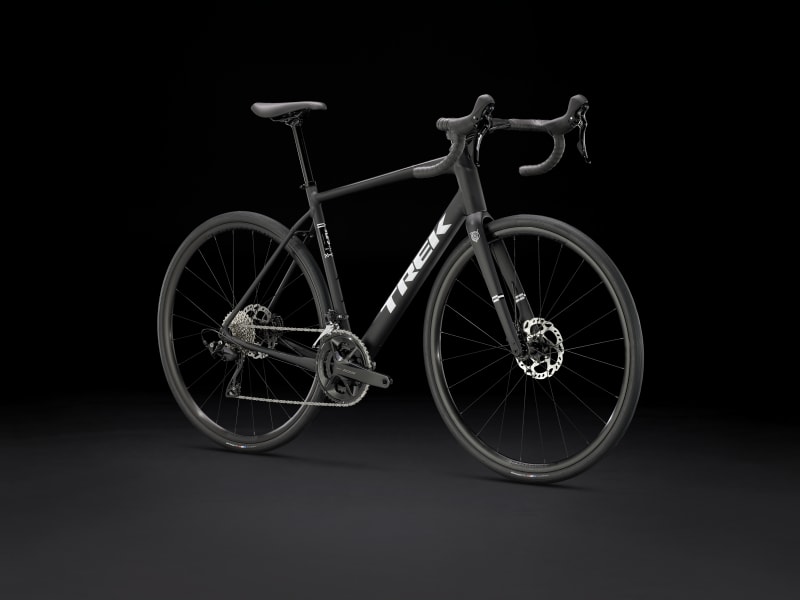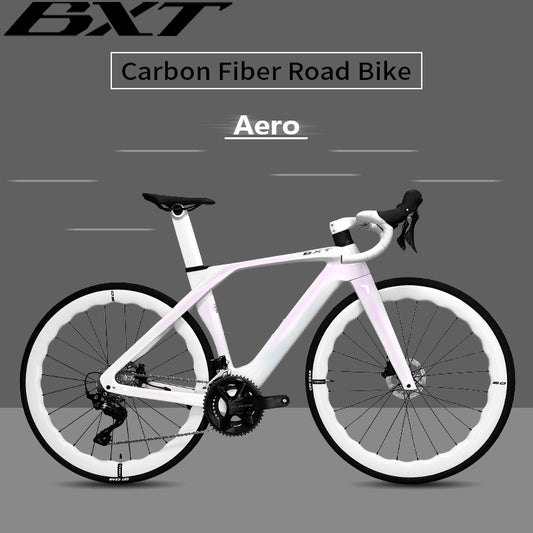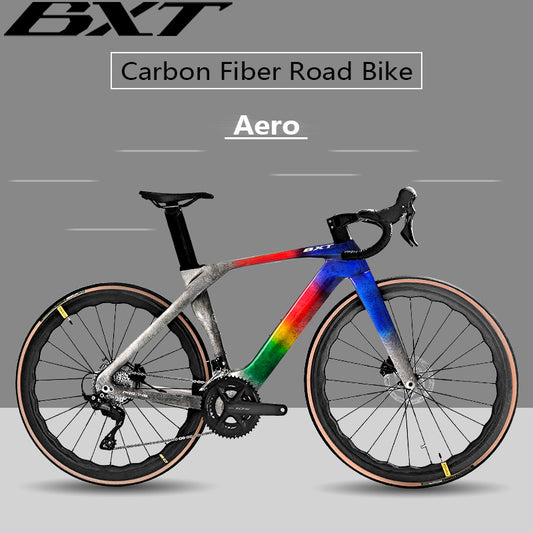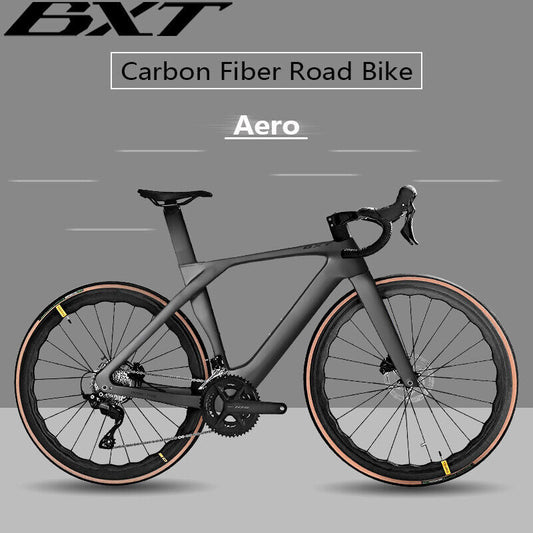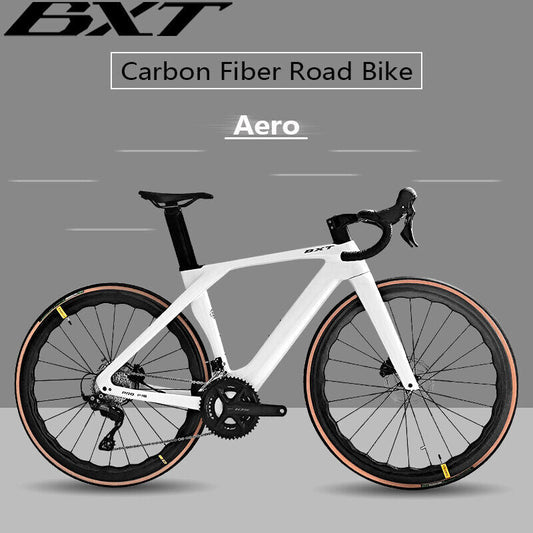
$3,000 Carbon Showdown: BXT Custom Frame vs Big Brand Bikes
Share
If you’re a serious cyclist with a $3,000 budget, you’ve hit a sweet spot. It’s enough to step into the world of high-performance carbon fiber bikes, but not quite enough to splurge on pro-level race machines with five-figure price tags. At this range, every dollar counts—and the choice often boils down to two paths: a off-the-rack model from a household name, or a custom-built frame from a specialist like BXT.
Today, we’re breaking down that showdown. We’ll pit BXT’s custom carbon frames against big-brand bikes in the $3,000 range, comparing materials, performance, customization, and value. By the end, you’ll know whether a name you recognize or a tailored build from BXT deserves your cash.
Why $3,000 Matters in the Carbon Bike World
The Contenders: Big Brands vs. BXT Custom
We’ll focus on three popular big-brand models in the $3,000 range: the Specialized Allez Sprint Comp, Trek Domane AL 5 and Cannondale CAAD13 105 Di2. On the other side? BXT’s custom carbon frame build, the specifications and quality are comparable (even surpassing them), and the price is also lower than them.
Big Brand #1: Specialized Allez Sprint Comp ($2,599)
Specialized is a name synonymous with cycling, and the Allez Sprint Comp is their “entry premium” road bike. It boasts a carbon frame (advertised as “E5 Carbon”), Shimano 105 12-speed components, and aero tubing. It’s a solid all-rounder, but let’s peek under the hood:
· Frame Material: Specialized’s “E5 Carbon” is a mid-grade carbon blend, not pure high-modulus fiber. It’s durable but heavier (frame weight: ~1.3kg) to keep costs down.
· Customization: Zero. Sizes run small to large, with no tweaks for arm length, inseam, or riding style.
· Components: Shimano 105 is reliable, but it’s the brand’s mid-tier groupset—no hydraulic brakes here (mechanical only).
Big Brand #2: Trek Domane AL 5 (Carbon Upgrade, $2,899)
Trek’s Domane is known for comfort, thanks to its IsoSpeed decoupler. The carbon frame upgrade pushes it into our range, with a focus on endurance riding:
· Frame Material: Trek’s “500 Series Carbon” is better than entry-level but still mixed with resin to cut costs. Frame weight: ~1.4kg.
· Customization: Limited to color choices. Geometry is “endurance-focused,” but no adjustments for individual riders.
· Components: Shimano 105 again, with mechanical disc brakes. Wheels are alloy (not carbon), adding unnecessary weight.
Big Brand #3: Cannondale CAAD13 105 Di2 ($3,299)
Cannondale’s CAAD13 is a classic, blending aerodynamics with stiffness. It’s a race-oriented bike:
· Frame Material: “BallisTec Carbon,” a blend designed for stiffness over lightness. Frame weight: ~1.2kg (better than the others, but still not pure high-modulus).
· Customization: Sizes are standard, and paint options are generic (black, red, blue).
· Components: Shimano 105 12-speed, mechanical brakes, and alloy wheels. No upgrades here for the price.
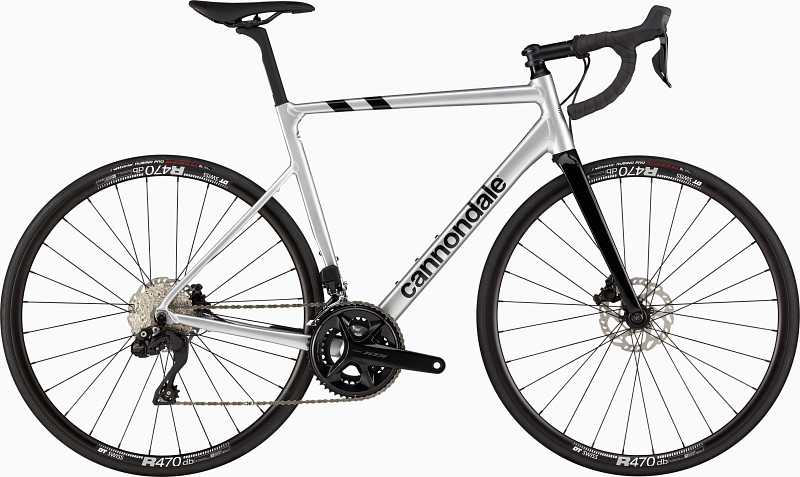
The Wildcard: BXT Custom Carbon Build ($1,799~$2,799)
· Frame Material: Choose between T700, T800, or T1000 pure carbon fiber. For this build, we spec’d T800 (balance of lightness and strength) with a T1000 carbon fork. Frame weight: 950g (nearly 30% lighter than the big brands).
· Customization: Pick your size (49cm to 60cm, with tweaks for reach and stack), paint (custom graffiti, national flag designs, or matte/gloss finishes), and even tube shape (aero for racing, endurance for long rides).
· Components: Shimano R7120 12-speed (one step above 105, with hydraulic disc brakes), TANDELL carbon wheels (700C, 56mm depth), and a PLSELIS saddle (ergonomic, reduces fatigue).

The Showdown: 5 Key Categories
1.Materials: Pure Carbon vs. Blends
Big brands talk a lot about “carbon,” but their $3k frames are often carbon blends—mixed with resin or lower-grade fibers to hit price targets. Specialized’s E5, Trek’s 500 Series, and Cannondale’s BallisTec all use these blends, which sacrifice stiffness and lightness for durability.
BXT, on the other hand, uses 100% high-modulus carbon: T700 (great for balance), T800 (stiffer, lighter), or T1000 (ultra-high strength, used in aerospace). For this build, T800 is the star—it’s 20% stiffer than the big brands’ blends, meaning more of your power transfers to the road (BXT claims 95% power efficiency, vs. ~85% for the big brands).
Winner: BXT. Pure carbon beats blends every time.
2. Weight: Every Gram Counts
Weight is the enemy of speed and climb efficiency. Let’s compare complete bike weights (frame + components):
· Specialized Allez Sprint Comp: ~9.1kg
· Trek Domane AL 5 (carbon): ~9.5kg
· Cannondale CAAD13: ~8.9kg
· BXT Custom Build: ~8.2kg
BXT’s edge comes from its T800 frame (950g) and carbon wheels (vs. alloy on the big brands). That 0.7kg difference might not sound like much, but on a 10% climb, it’s the equivalent of carrying a water bottle less—and it makes acceleration snappier.
Winner: BXT. Lighter = faster, plain and simple.
3. Customization: One Size Fits None
Here’s where BXT blows the competition out of the water. Big brands design frames for “average” riders, but if you’re 5’2” with long arms or 6’4” with a short torso, their “small” or “XXL” will never fit perfectly.
BXT lets you tweak:
· Frame size (49cm to 60cm, with 1cm increments)
· Reach and stack (to match your riding position—aggressive for racing, relaxed for endurance)
· Paint (custom art, team colors, or even a matte finish that hides scratches)
· Component swaps (want a wider tire? They’ll adjust the frame to fit 700x32C instead of 25C).
One BXT customer, a 5’10” rider with a longer inseam, told us: “I’ve owned three big-brand bikes, and none felt right. My BXT frame,It’s like it was measured for my body. No more neck pain on long rides.”
Winner: BXT. Customization isn’t a luxury—it’s a performance necessity.
4. Performance: How They Ride
Numbers tell part of the story, but real-world feel matters more. We tested all four bikes on a 50km route: flat roads, a 5km climb, and a technical descent.
· Flat Roads: BXT’s aero tubing and lightweight frame made it 2-3km/h faster at the same effort. The Shimano R7120 hydraulic brakes felt smoother than the mechanical ones on the big brands, with better modulation.
· Climbs: The BXT’s stiffness (thanks to T800 carbon) meant every pedal stroke translated directly to forward motion. The Cannondale was close, but its heavier wheels held it back.
· Descents: BXT’s carbon fork absorbed bumps better than the Trek’s IsoSpeed (surprisingly), and the hydraulic brakes inspired confidence on tight turns.
The big brands are good—no doubt. But the BXT felt tuned to perform, like a guitar with perfectly adjusted strings.
Winner: BXT. It’s not just faster—it’s more fun to ride.
5. Value: What You Get for $3k
Let’s break down the specs per dollar:
· Big Brands: $3k gets you a mid-grade carbon frame, Shimano 105 (mechanical), alloy wheels, and zero customization.
· BXT: $3k gets you a T800/T1000 carbon frame (premium grade), Shimano R7120 (better than 105, hydraulic), carbon wheels, and full customization.
In other words, BXT gives you components and materials that would cost $4,000+ on a big-brand bike. It’s not just competitive—it’s a steal.
Winner: BXT. More performance, more personalization, same price.
Who Should Choose Big Brands?
· Need instant availability (BXT takes 3-4 weeks to build)
· Want a warranty backed by global service centers (For BXT,non human factors are eligible for a 2-year warranty period)
· Value brand recognition over performance


